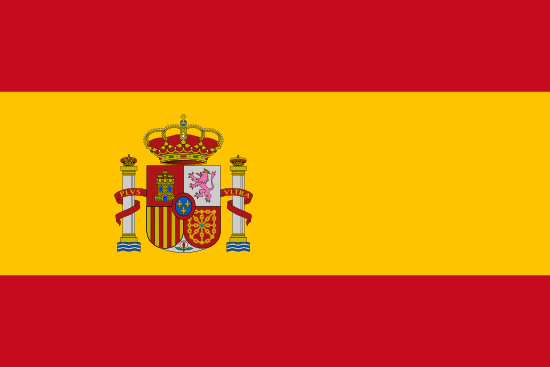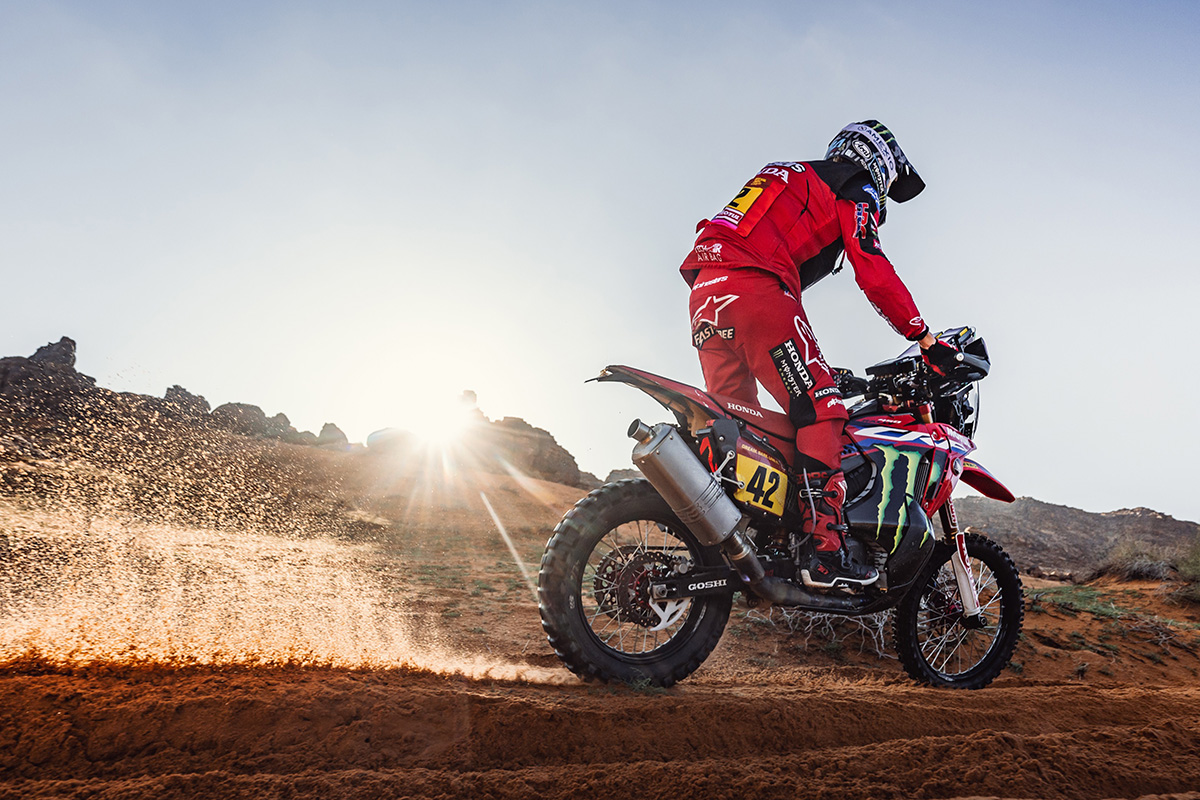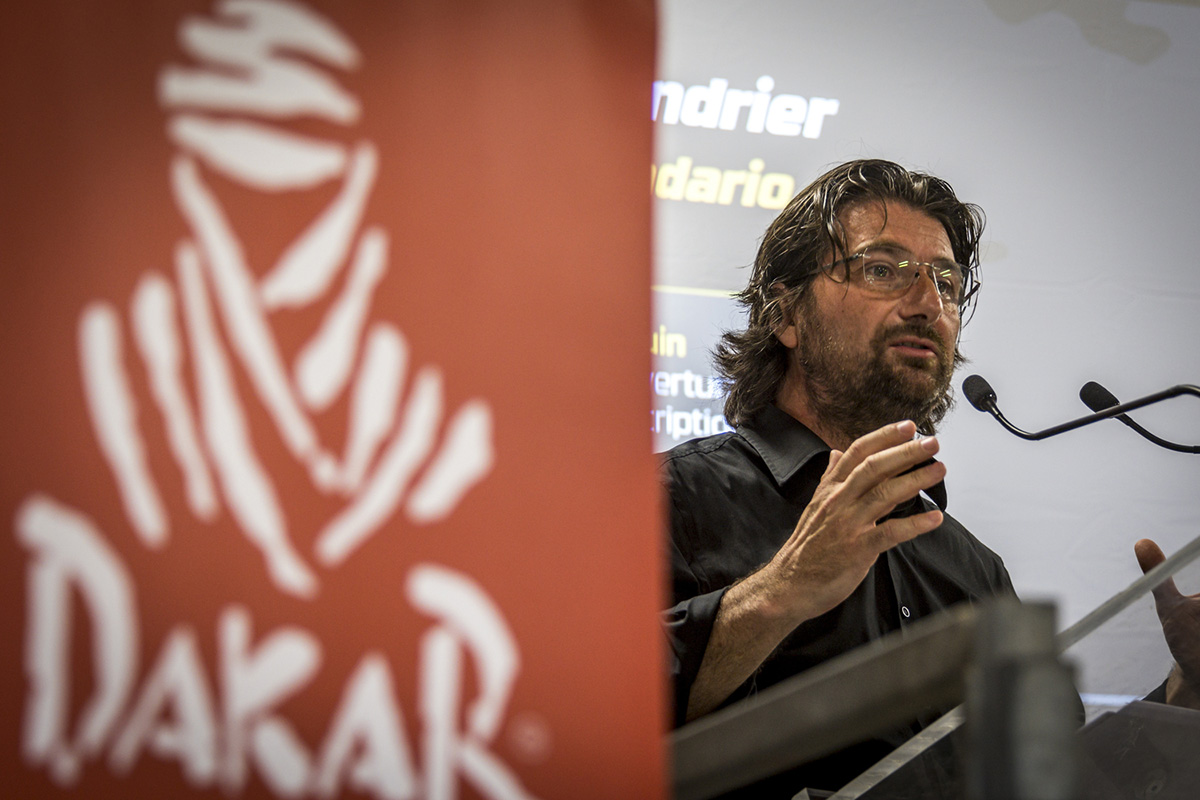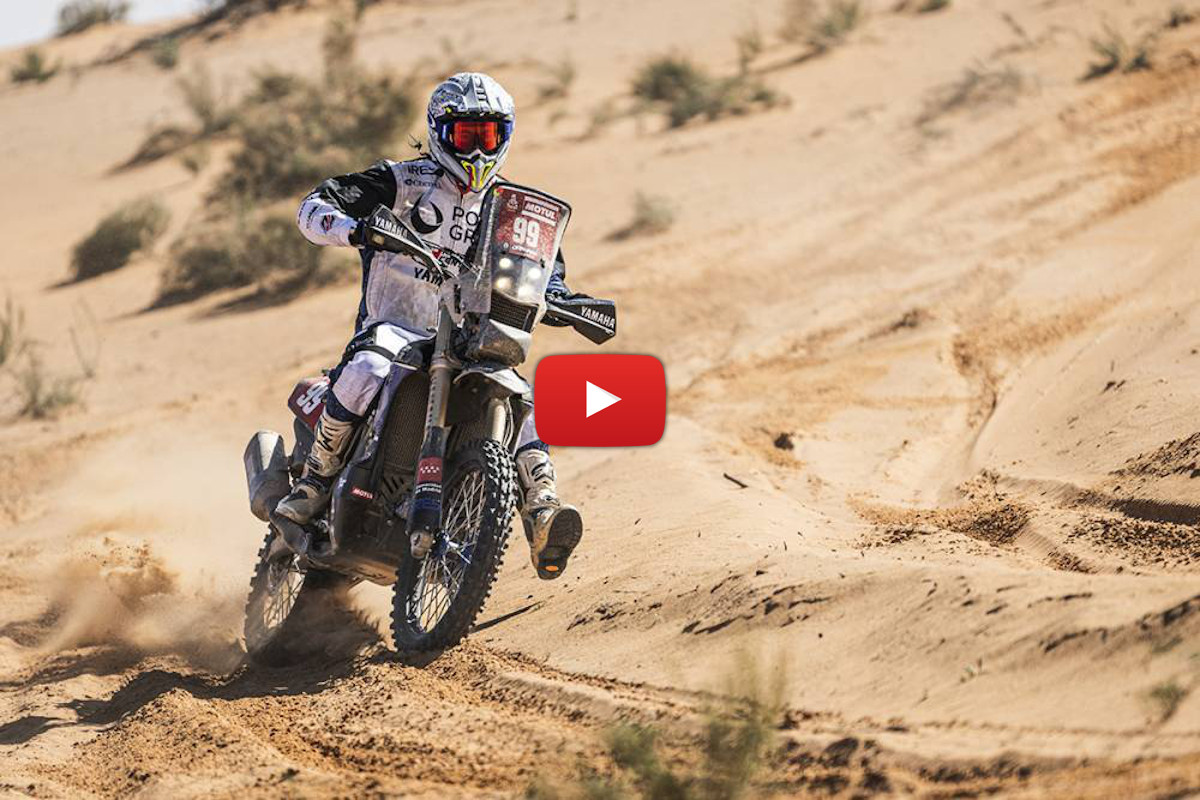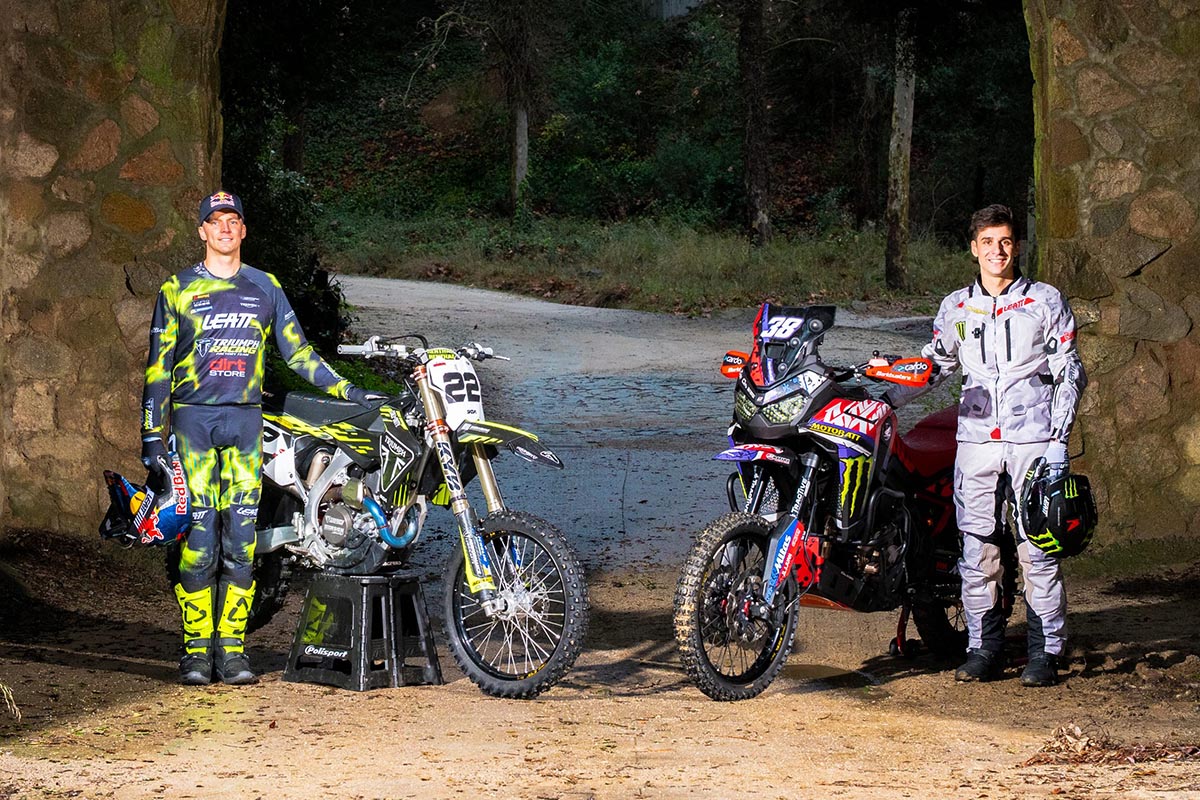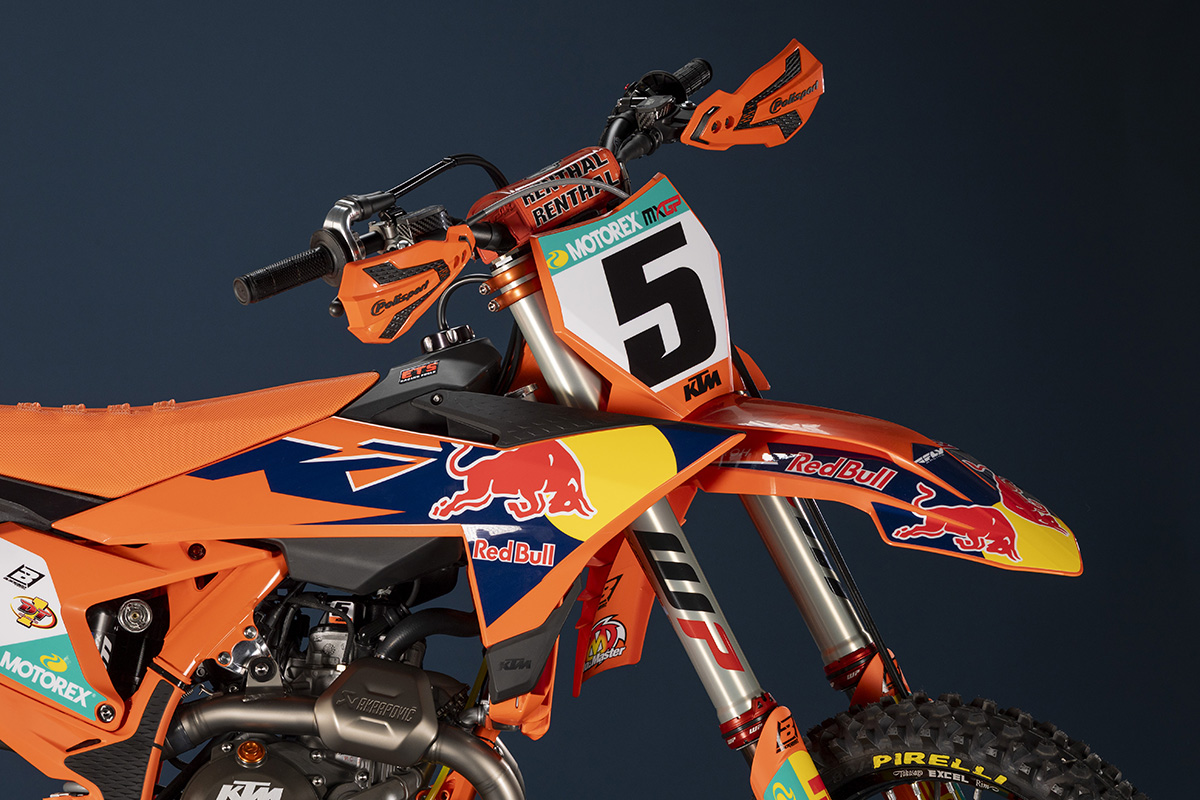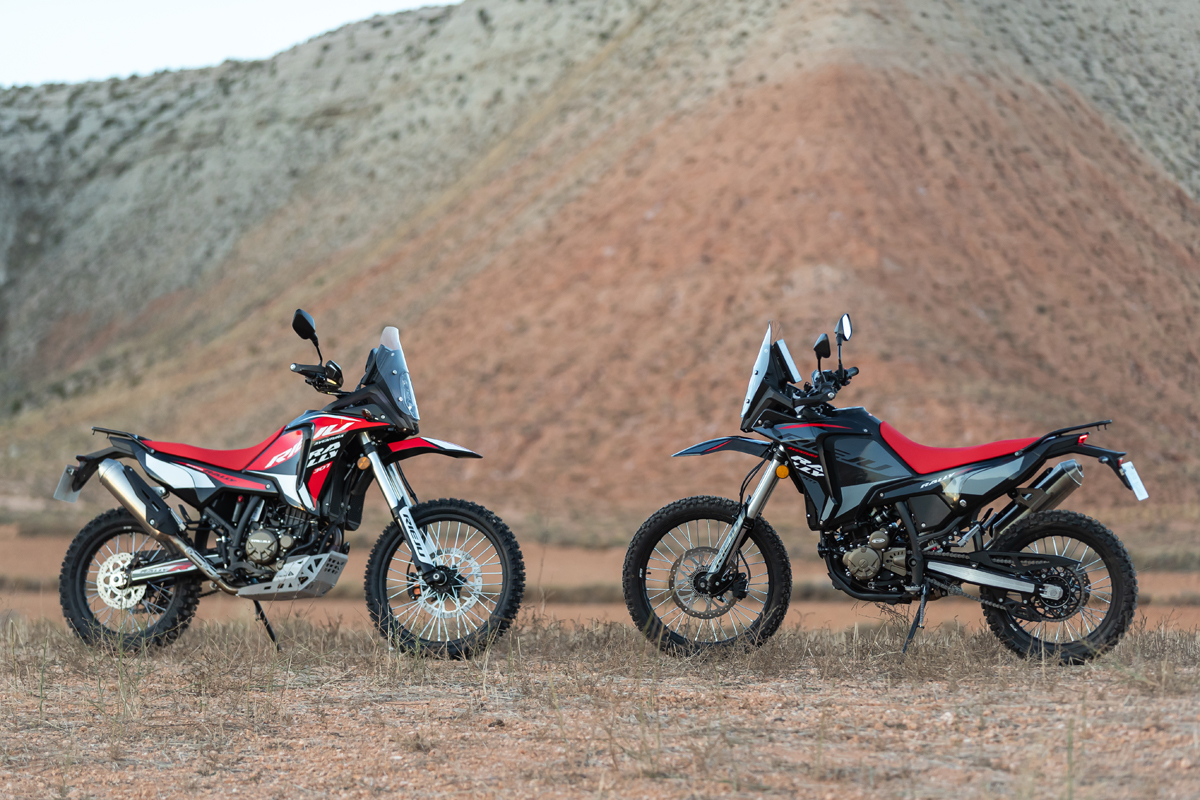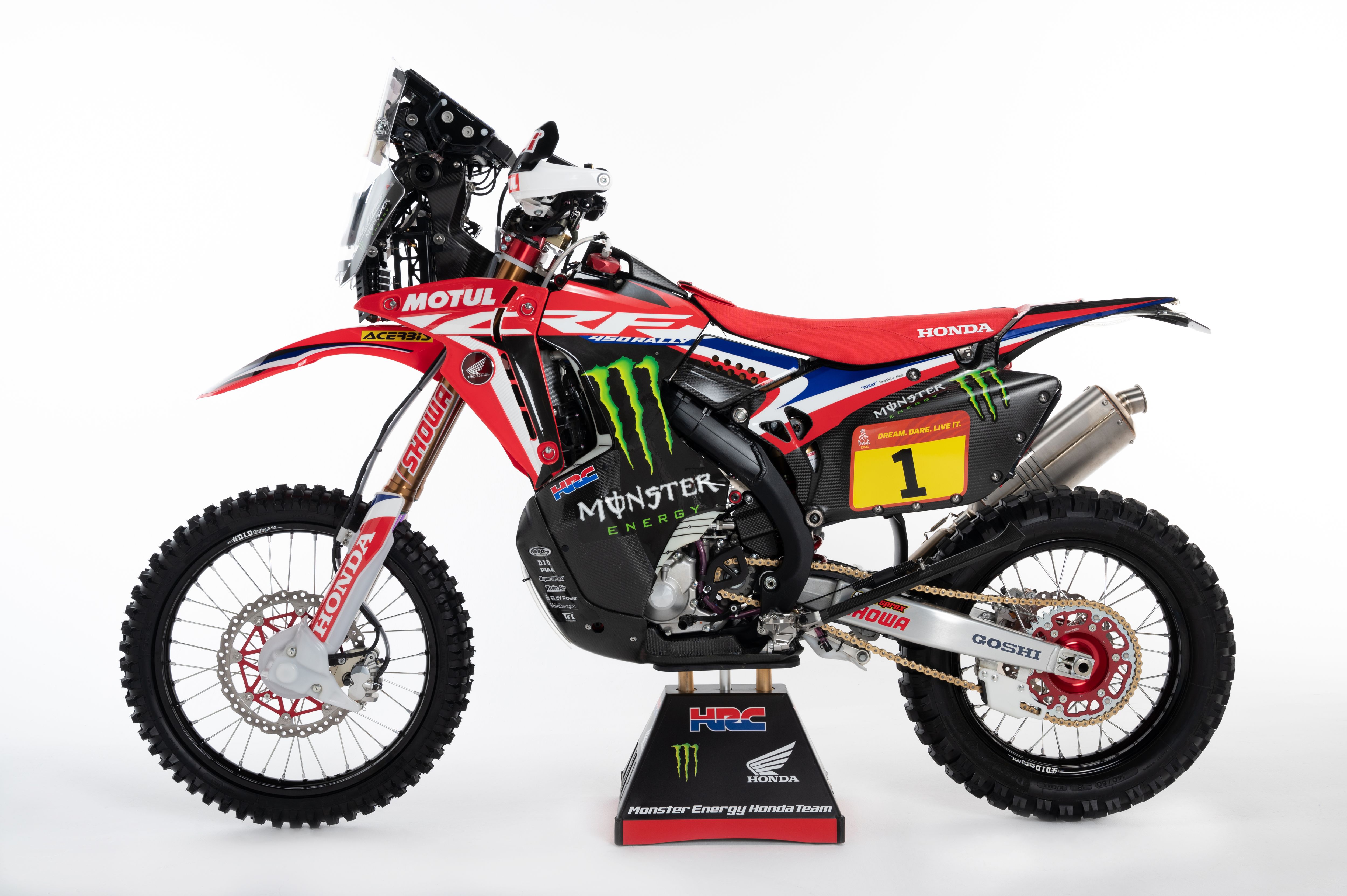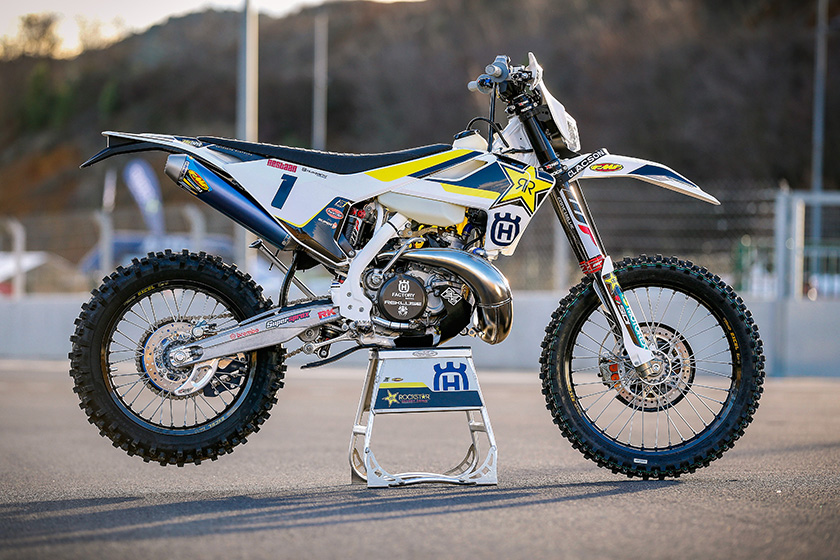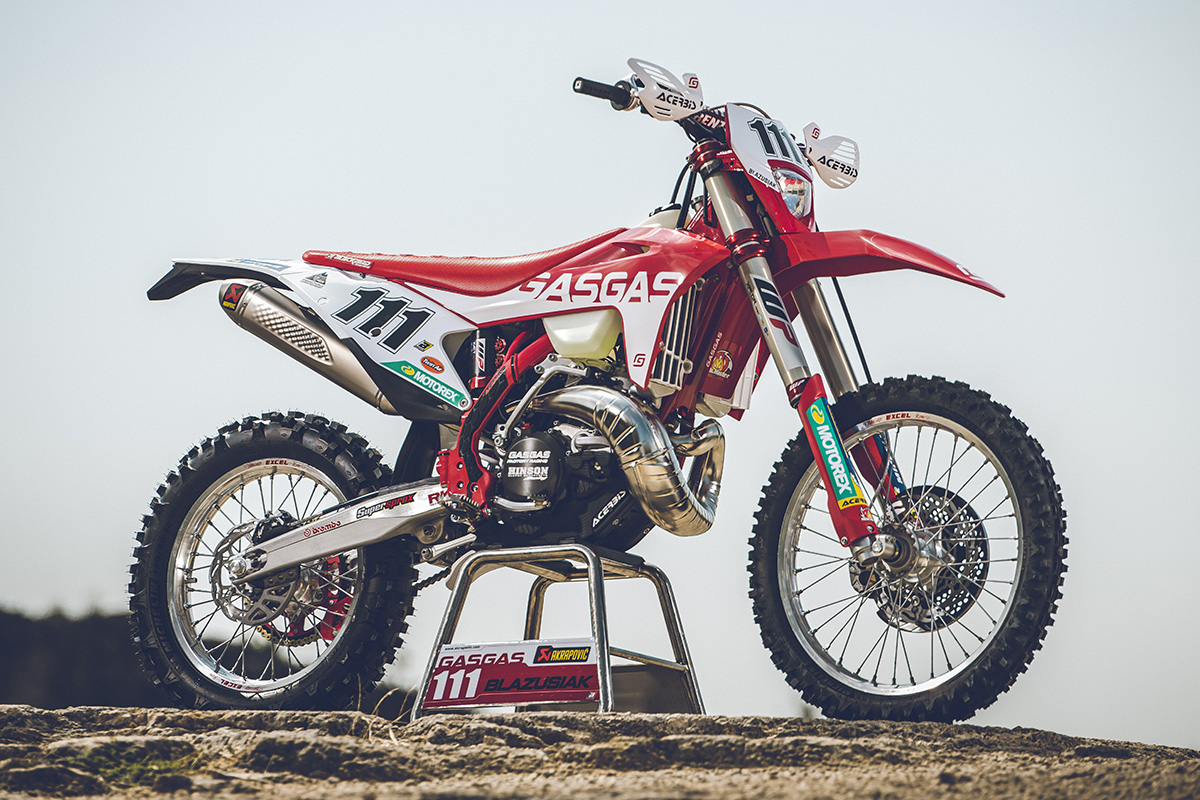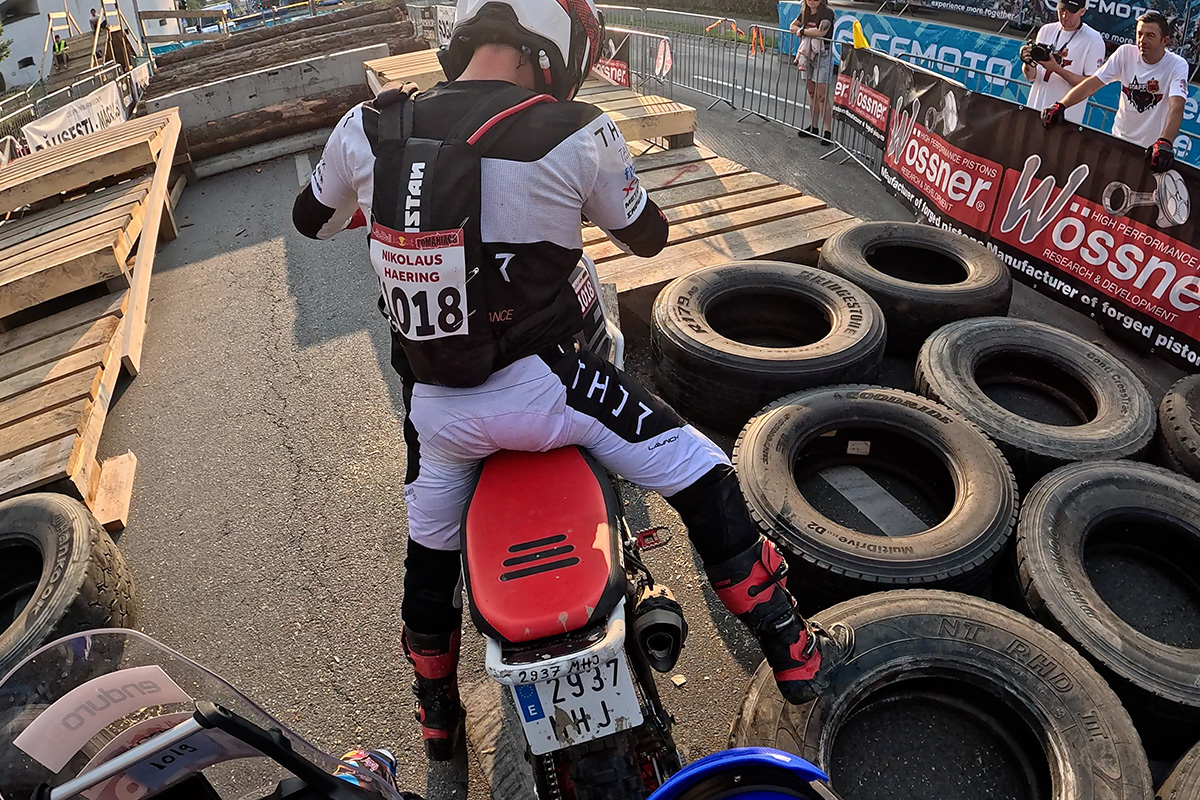“Revolutionary” 2023 Dakar Rally? Time bonuses and random roadbooks
The fourth edition of the Dakar Rally in Saudi Arabia is promising to be revolutionary with 70% new tracks, the introduction of “random roadbooks” and new time bonuses for riders opening the stage. Enduro21 digests the biggest changes.
On paper, according to Amaury Sport Organisation (A.S.O.) who are in charge of the Dakar Rally, we are about to see the most revolutionary edition of the world’s hardest off-road race. In the first major announcement of the season leading up to the 2023 race, ASO have revealed some big changes for the bike categories aimed at making the race day results fairer, navigation harder and upping the physical and mechanical aspects.
The big changes for the 2023 Dakar Rally
1. 15 days of racing, 70% of new tracks and almost 5000km against the clock
In addition to the prologue, for the first time in many years Dakar ‘23 will see an increase in the number of competition days and the distance travelled to 14. That makes it “the longest since 2014” according to ASO. “The scheduled specials are mostly around 450 kilometres long” with shorter liaisons to return to the bivouac.
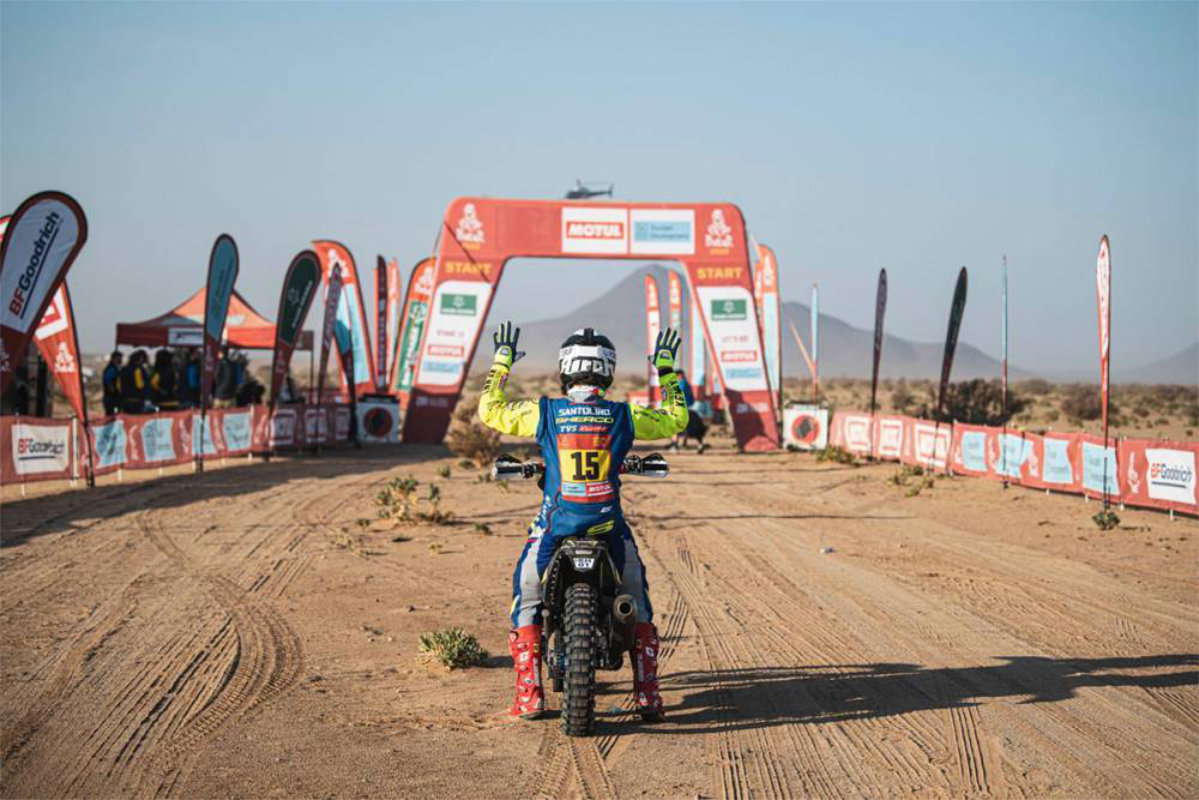
2. Time bonuses for opening the stages, being first less of a penalty
The truth is for many years a feature of rally, and especially Dakar, is the see-saw effect associated with riders leading a stage, opening the piste and therefore riding at a disadvantage to those behind who can follow wheel tracks. With riders starting each day in time finishing order, it can often lead to tactics being employed to sandbag or at least affect one day’s results to start more favourably the next day, depending on stage routes.
As many people including ASO now seems to feel, the results weren’t always playing in favour of the racing and the days of this system to determine the starting order of the next stage seems to be at an end.
Fine details are still a little unclear but the announcement this week ahead of the ’23 event states new measures “granting time compensations” to lead riders to try to avoid the 'yoyo effect' in the top positions.
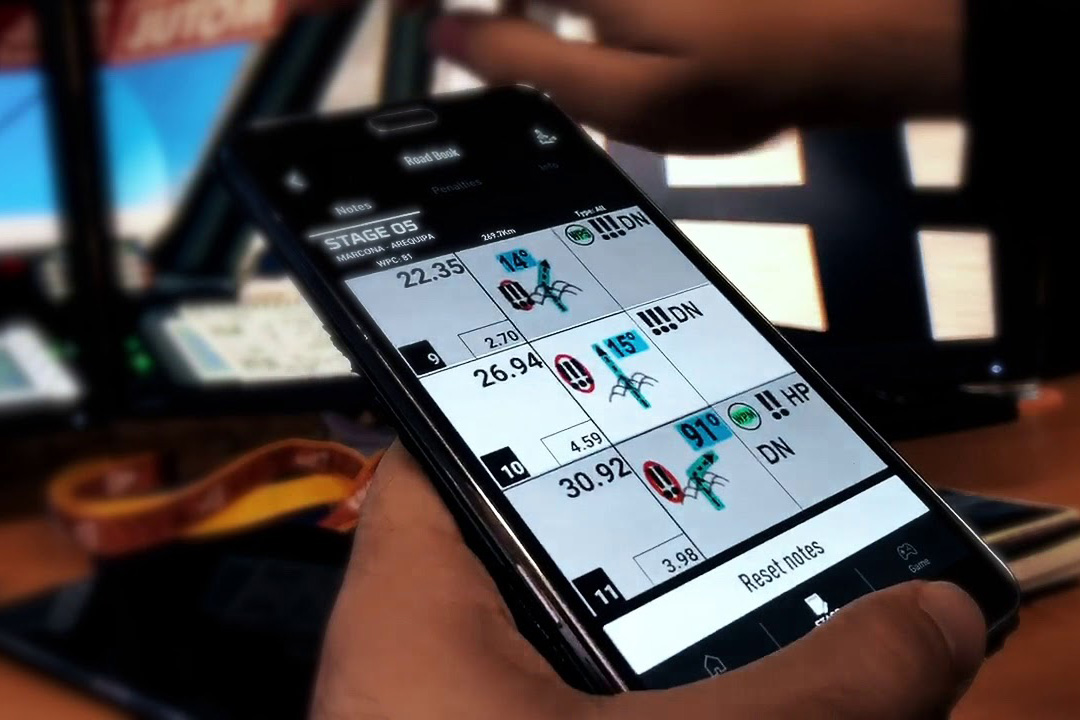
3. New electronic roadbook for everyone, even for the bike class
It has been talked about for a long time and next year’s Dakar will finally say goodbye to paper scrolls and welcome the digital roadbook for all categories, bikes included.
After several top riders tested the digi roadbooks, the days of riders painting and marking their points to follow are over and the digital age arrives at the Dakar.
4. New random roadbooks, no more sticking to the wheel of the guy in front
In the Dakar, although it is very difficult for many to understand, speed is just one element in the equation if you want to win. It is a race of endurance and importantly navigation. In order to try and reduce risks and curb riders take advantage of the wheeltracks of their rivals, and riding paying less attention to the waypoints or the marked dangers, race director David Castera has made a brave change.
For ’23 certain stages will have two mirrored itineraries, A and B routes to follow. This means riders will have different waypoints to find in some stages meaning in turn riders will have to pay special attention to their roadbooks and won't all be able to copy what each other is doing.
5. Three stages in the Empty Quarter
The 2023 Dakar Rally will cross Saudi Arabia diagonally from side to side, from the beaches of the Red Sea to the shore of the Persian Gulf in Dammam. The route will first head towards the mountainous regions of the northwest, before turning southeast to enter the impressively vast sea of dunes and the ‘Empty Quarter’ for three days. One of the most inhospitable regions of the earth, this will also include the first of the marathon stages.
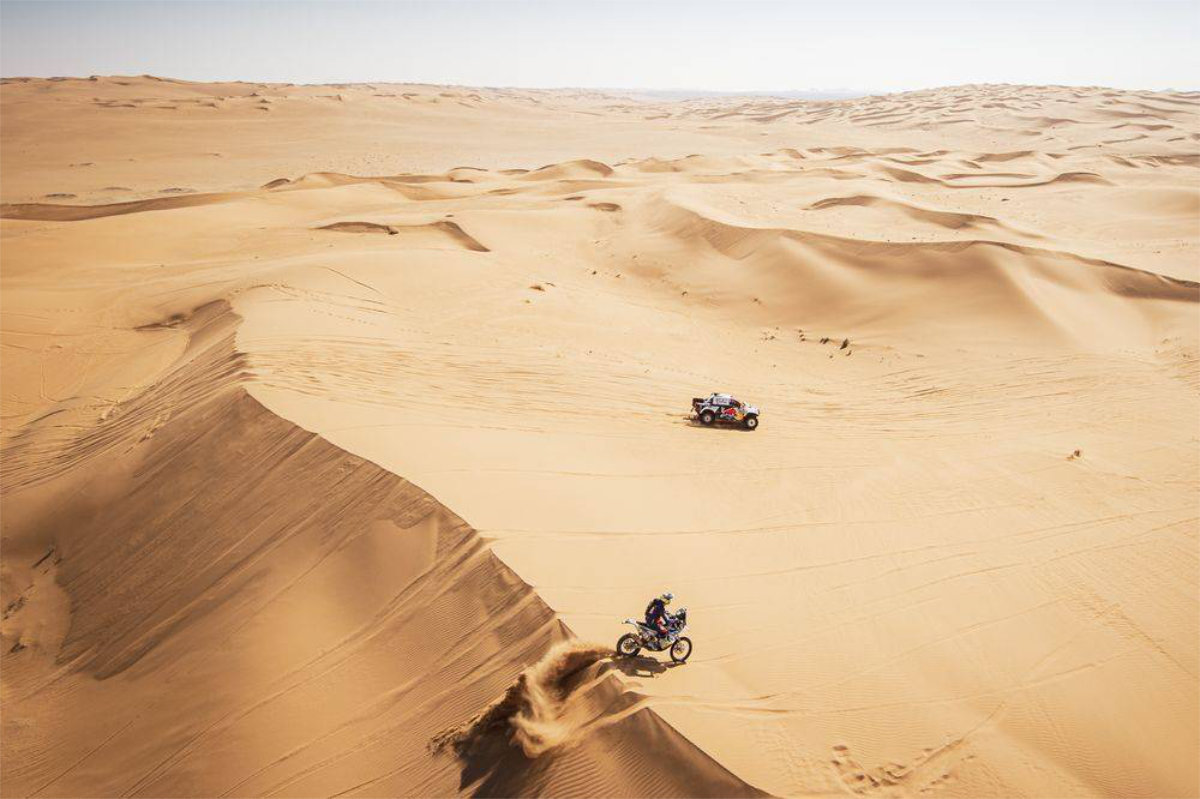
6. New Explorers ranking, an easier way for the amateurs
Like all the best off-road races, one of the best features of the Dakar as a race is that it brings together both the leading riders in the Rally-Raid World Championship with riders who are simply trying to fulfil their dream of finishing the toughest test on the planet.
“The mutual pride in competing on the same route is part and parcel of the essence of the Dakar,” according to the organization.
In this edition the amateurs will have an additional bonus thanks to the creation of the ‘Explorer’ class – different from the factory list of riders, which “will benefit each day from a separate classification and prize money” and “will compete for valuable bonuses to validate their improvement in the discipline: equipment, etc.”
More information: www.Dakar.com
Photo Credit: Dakar/A.S.O.


